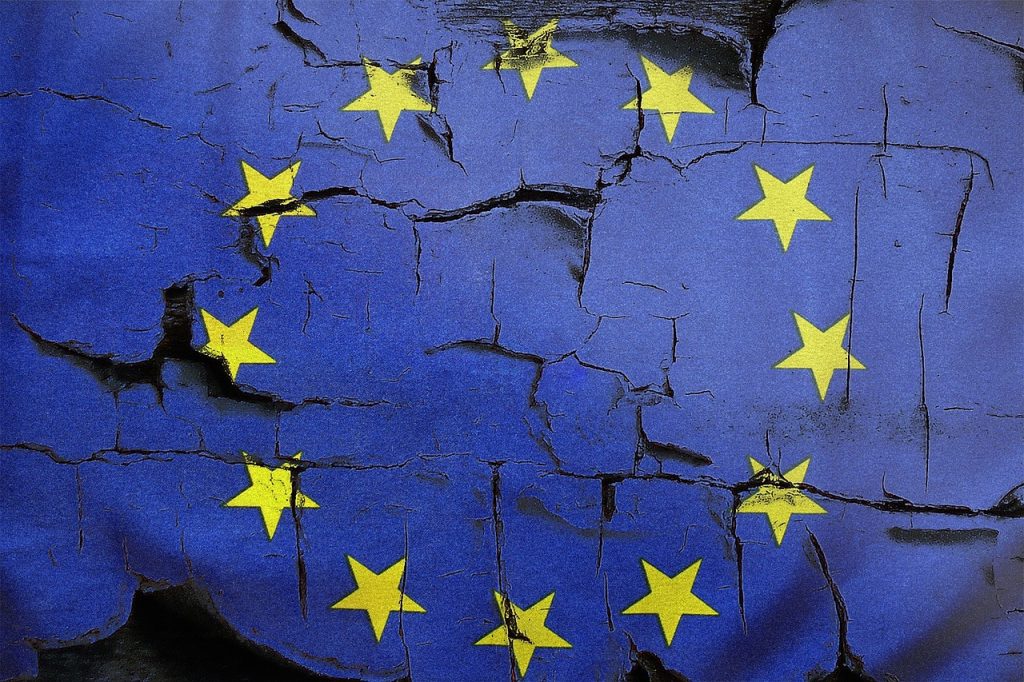
You can bet your bottom dollar (if you’re still in that currency) that the various intelligence agencies will be concentrating many surveillance resources and personal connections to ascertain the negotiation agendas in respect of forthcoming talks on Trumps tariff war threats. In particular, the European Union is, in terms of security for its negotiation process, at a very considerable disadvantage to other big players such as the US and China. The very process of arriving at a joint position among so many member states is problematical in itself. But bearing in mind that each member state has its own political structures and advisory infrastructure, it will be very difficult for the EU to sit down in Washington and negotiate across a table without the US having a fair insight into its bargaining strategy and willingness to make concessions.
So when we read in EU newspapers of briefings given to their political correspondents, what is on the record and what is off the record can easily become known to inquisitive US interlocutors.
We know that Israeli intelligence agencies have developed technology to penetrate private telephone conversations and messaging. No doubt Netanyahu will make any useful intel in relation to the EU’s position and strategy known to his chief supporter in the Whitehouse.
As if coming to consensus positions were not difficult enough already, the EU member states and the EU Commission face an uphill struggle to establish and press home a mutually beneficial strategy in any EU-US negotiations.
Add to the foregoing the very clear indications that Trump’s regime has as a central value the weakening and destruction pf the EU as an institution and an economic power.
The foregoing suggests that the EU must not be naïve or feel under time pressure to come to early understandings with the US. On the contrary, the EU must, as a matter of self-preservation, keep its options open and remain deeply inscrutable and unflappable.
Donald Trump’s revolting imagery of world leaders responding to his tariff threats by crawling on hands and knees to quote “kiss my ass” may go down well in redneck America. But it carries a heavy price throughout the rest of the world. Political leaderships which appear to their own population as engaging in such abject behaviour will almost inevitably be outflanked by their domestic critics. Europe has a huge set of choices to make.
In particular, the EU has to ask itself whether it can sustain accommodating the US in its economic strategies insofar as we can discern such. Particularly with the entire future of Ukraine and the military and economic viability of NATO in issue. It isn’t a matter of coming to a conclusion on all trade relations issues with the US within 90 days. Any settlement of the Ukraine war needs to be on the table at the same time. Allowing these issues to be dealt with sequentially would be an enormous blunder from the EU point of view.
If Donald Trump really considers that President Xi is going to abase himself in a humiliating climbdown with the Americans, he has, I think, a second thing coming. Unencumbered by internal politics, Xi has the luxury of inscrutability, unity and the capacity to face adverse economic circumstances in the short and medium term and the capacity to resist Trumpian pressure in the form of sky-high tariffs.
Xi well knows that China is an economic superpower with the capacity to exert influence right across the world including the European Union, Russia, India and the Pacific region. Russia is insignificant.
Tariffs are one thing; exports are another. Global industrial output based on extended supply chains means that China, as a major producer of rare earth minerals including magnet ore, can hugely influence the economic viability of very considerable chunks of international high-tech capacity. The very fact that China has put in place a ban on the export of such vital materials should signal to the entire global economy that it has muscles to flex.
For Europe in particular, that decision is a strong tug on the chuck lead to remind us that the US-EU relationship is not the only one in play and that accommodating the US tariff war strategy against China is not without potential consequence.
It would be simplistic to see things as putting Europe in the position of having to choose between a pro-US pivot at the behest of Trump or adopting a strategy based on accommodation with China. Our choices are much more complex and difficult than that.
We are faced with a cluster-dilemma of huge difficulty and consequence.
If we truly believe that Trump’s tariff war will have serious consequences for the US economy, the question arises as to whether we need to make common cause with incoming administrations in Canada and Australia, with Japan, and with other economic powers including India and, of course, China by refusing to have our actions determined by Trump’s arbitrary 90 day window.
Food for thought.
